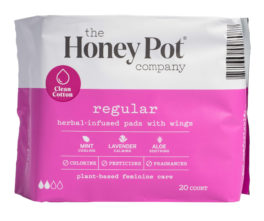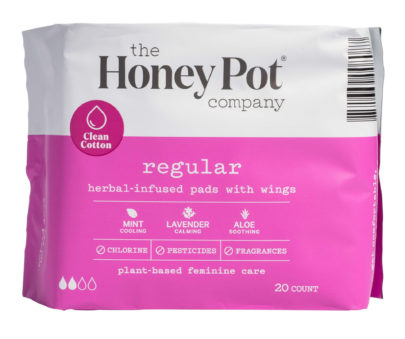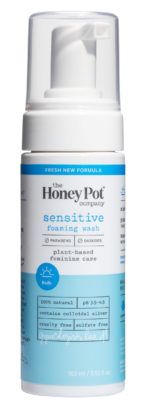At the heart of an ever-growing global dialogue, activism and advocacy around period equity and healthy menstrual hygiene management, or MHM, continue to bloom stronger. From ensuring access to essential period products to dismantling menstrual stigma, these efforts to bring menstrual hygiene management to light are vital to cultivating a fresh narrative and culture of dignity, empowerment, and the overall well-being of menstruating people worldwide.
Launched in 2014 by the German-based NGO Wash-United, Menstrual Hygiene Day is an annual awareness celebration on May 28th to promote education on menstrual health and rally the actions of organizations, media, governments, and individuals ⸺ both locally and globally ⸺ to catalyze MHM’s agenda further. By addressing the challenges faced by millions of menstruating people around the world and advocating for the availability of good MHM practices, Menstrual Hygiene Day aims to highlight and encourage equality, autonomy, and stigma-free opportunities among the menstruating population.
But within the realm of period health and its impact on societal well-being, there is another pivotal element at the forefront of the global menstrual conversation: period sustainability. Fueled by increased awareness of the adverse impact that traditional sanitary products hold on the environment, a burgeoning interest in applicator-free tampons, sea sponges, period-proof clothing, menstrual cups, and reusable pads has steadily risen throughout the last few years ⸺ which, unlike their disposable equivalents, have tended to be a more affordable, and of course, a more eco-friendly alternative to menstrual care.
A 2016-study conducted by The Harvard Business School noted that nearly twenty billion tampons, liners, and pads are dumped in North American landfills every year, taking hundreds, if not thousands, of years to biodegrade. Aside from this enormous waste load, the researchers remarked that a year’s worth of conventional menstrual products produced a 5.3 kg CO2 equivalent carbon footprint, creating a devastating outcome for years to come. The good news is that aside from the plethora of nonchemical, plastic-free brands speaking to and innovating within the menstrual sphere, there are many things we can do when it comes to furthering period sustainability.
Intentionality Is Key
To combat taboos around menstruation and see it as a gift goes beyond having a cultural, social, or individual shift. It also involves both the personal and collective choices we make financially. For those of us fortunate enough to have access to menstrual supplies, putting our money toward companies devoted to a good cause ⸺ enter, generating tangible social, economic, and gender equality transformations ⸺ is always the best choice!
Opt For Reusable Menstrual Care
As mentioned above, disposable products are environmentally harmful and often inaccessible for many individuals across the globe. Using a non-disposable, non-leeching, and planet-friendly product has the power, therefore, to change the trajectory of an individual’s life at every level. Some examples of sustainable period treats include menstrual cups (they can last for years!), reusable cotton cloths, and biodegradable pads, among others.
The Bottom Line
Whether this is your first time celebrating Menstrual Hygiene Day or you are a seasoned Period Advocate, there are many ways to nurture and advance the global conversation on gender equity, sustainability, and period health. From keeping an open dialogue to turning to planet-forward products, the ability to create a more empowered, balanced, and fair human experience is within our hands!




















